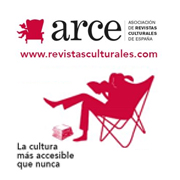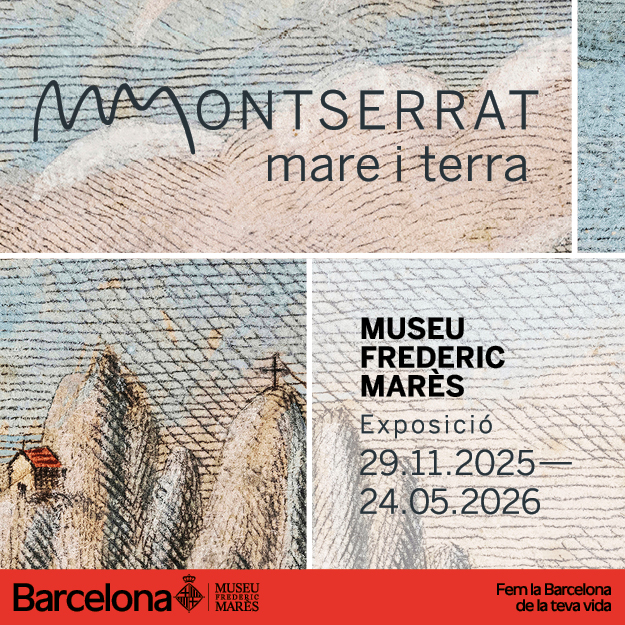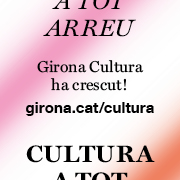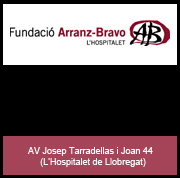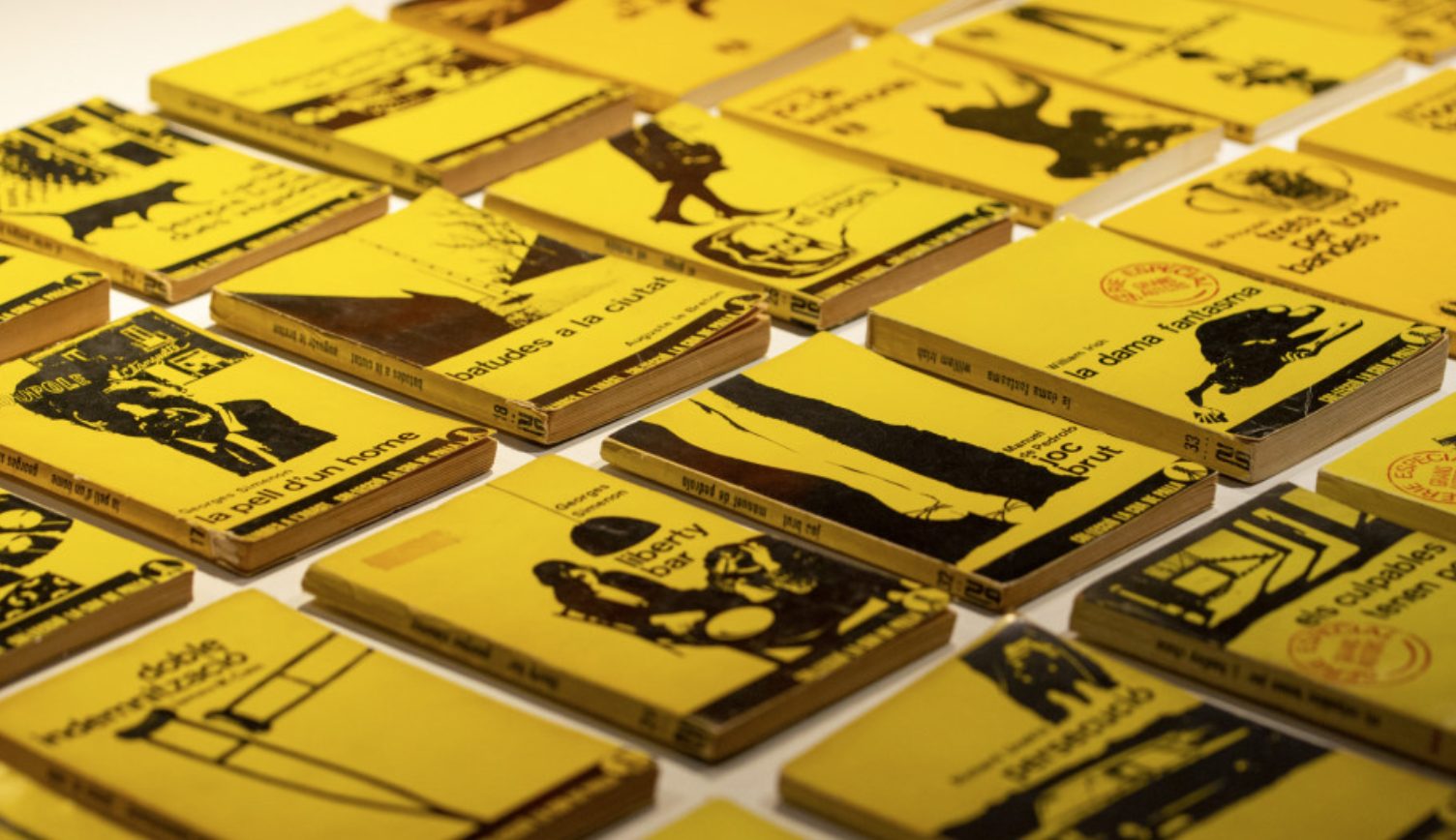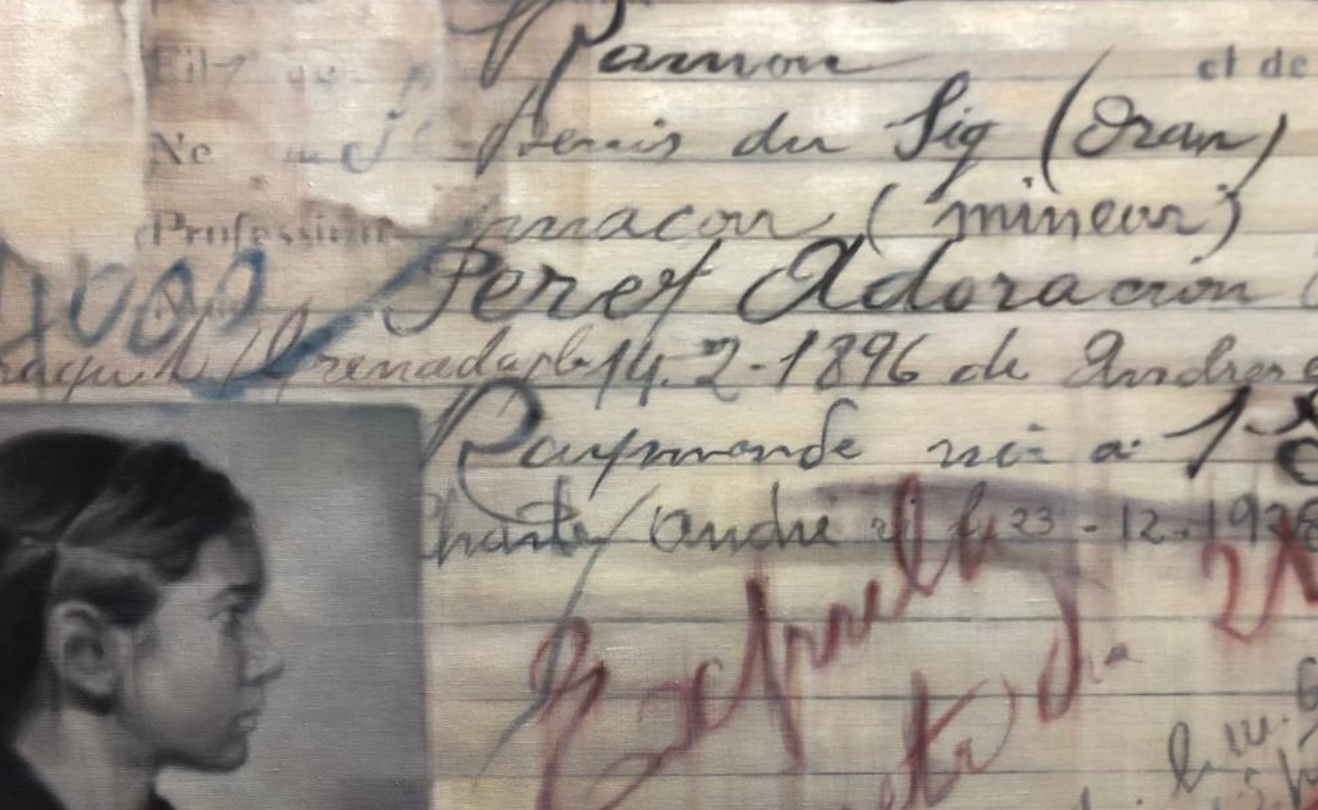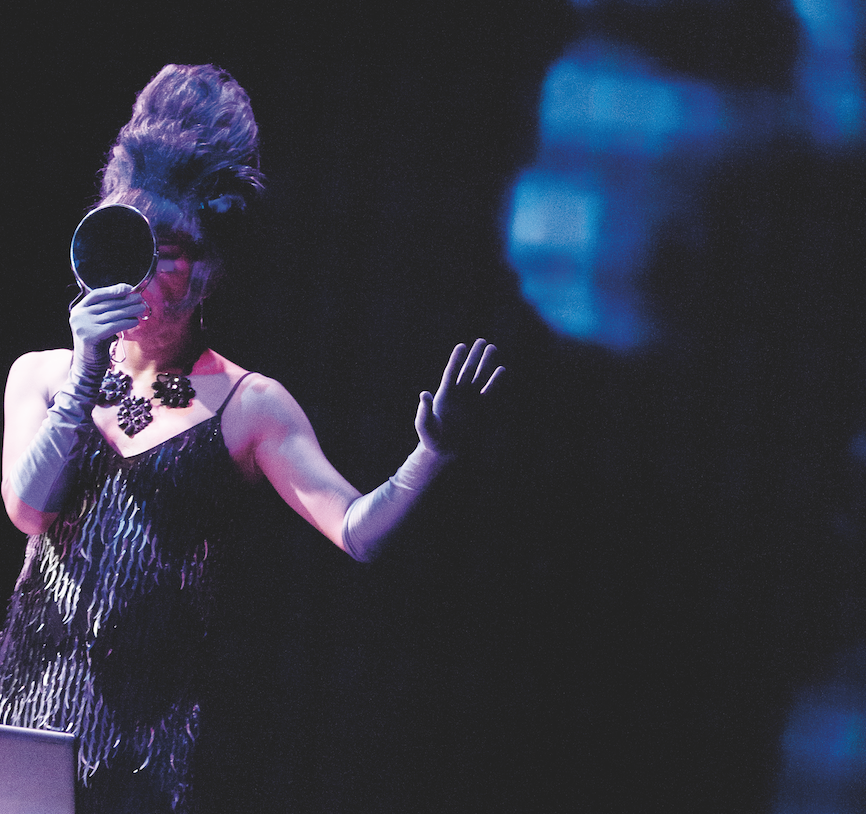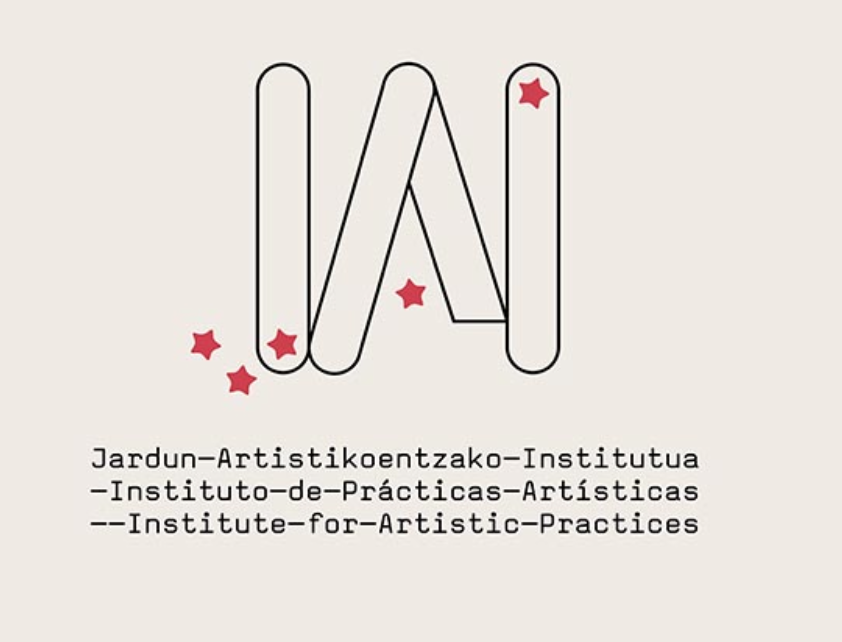Exhibitions
MACBA presents "Teresa Lanceta. Knitting as open source"
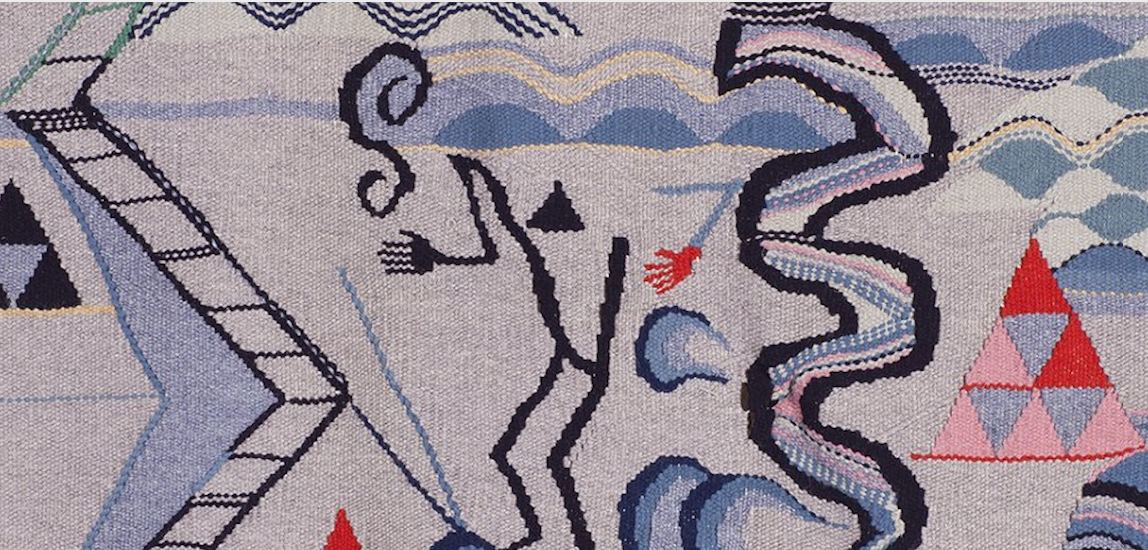
In co-production with the Valencian Institute of Modern Art (IVAM, Valencia), the MACBA shows Teresa Lanceta. Weaving as open source, curated by Núria Enguita and Laura Vallés Vílchez; and which can be visited from April 8 to September 11, 2022.
The exhibition traces the artist's career from the seventies to the present day, and includes a wide selection of tapestries, canvases, paintings, drawings, writings and videos that constitute the most comprehensive approach to his work that has been never done. The exhibition also explores Lanceta's interest in collaborative formats based on the dialogue he establishes with a series of accomplices, including artists Olga Diego, Pedro G. Romero and Xabier Salaberria; Commissioner Leire Vergara; the La Trinxera collective; the filmmaker Virginia García del Pino; and the artist and thinker Nicolas Malevé, who, together with the museum's educators and the students and teachers of IES Miquel Tarradell, have been developing the Els Oficis del Raval project for years.
"In the early 1960s Lanceta made the decision to weave as a means of artistic expression, forcing the boundaries of understanding what is or is not considered art. Her approach to weaving focuses on formal elements, in what the fabrics have of their original and own: their ligaments, materials, traditions and techniques, a way of doing without prior sketch in which image and background, object and language, support and image are built at the same time, without going backwards, assuming the mistakes ", comments Enguita.
The act of weaving is for Teresa Lanceta (Barcelona, 1951) a critical activation of the imagination that goes beyond material limits. For her, weaving is formulated as an open code of rupture and repetition from which one can always read, transform and transmit knowledge that is complex and plural. A way of doing things without any prior sketch in which image and background, object and language, support and image are constructed at the same time, assuming the unforeseen, the mistakes and the successes. Accepting the unexpected is for Lanceta a way of learning a primordial and universal code that clearly manifests an internal law; a law that transcends physical, temporal, and cultural boundaries. This is a "technical" knowledge, a techno, which depends on a specific geographical, cultural and human context, either the Raval district of Barcelona - where Lanceta lived - or the Middle Atlas - which frequent annually for three decades. These are places where Lanceta is spurred on by her interest in women's work, through the non-verbal communication of stories and affections.

